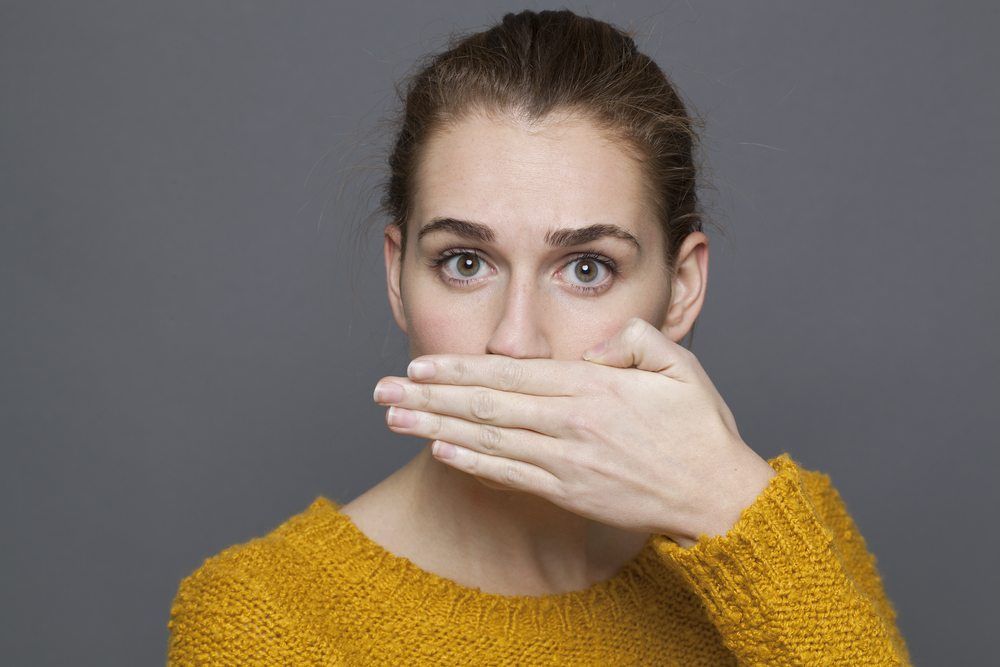In the US alone there are 80 million people who are sufferers of chronic halitosis, or as it’s more commonly known “bad breath”. For the majority of them the source is the tongue and gums, decay of food particles, rotting debris in the mouth, and poor oral hygiene all aid the bacteria in your mouth in producing foul-smelling sulfur compound that we recognize as bad breath.
Sources of Bad Breath
As we covered in the space above, most causes of halitosis come from food particles in the mouth and other instances of poor oral hygiene. However, these aren’t the only causes. Infections, kidney failure, diabetes, and liver malfunction are all known causes of halitosis, and they’re just the beginning of a long list. If you suffer chronic dry mouth, xerostomia, or have a smoking habit you’re more likely to suffer from halitosis. Stress, age, hormonal changes, snoring, and postnasal drip are also known causes. If you’re suffering from bad breath, you should check with your dentist and physician to find the cause.
The Role Of Saliva In The Fight Against Bad Breath
Saliva has a surprisingly important role in the defense of your mouth (and your loved ones) from bad breath. One of its primary purposes is the lubrication of food and aiding in it being washed out of your mouth, as well as combating bacteria. When we sleep, however, saliva production often reduces permitting the growth of bacteria. Elimination of bad breath in the morning can be managed with a meal and brushing your teeth. Interestingly, morning mouth is also related to being hungry or those who are fasting. In these cases, even brushing your teeth may not eliminate the odor for good, it will often reappear some time after you brushed your teeth.
Do My Food Choices Affect Halitosis?
Certain foods can be detected for several days after being consumed, garlic and onions in particular, though even coffee falls into this category. Garlic and onions share a property where when they are consumed and absorbed by the stomach, their odor is then released through the lungs. No amount of brushing your teeth will eliminate this odor. Garlic itself is so pernicious that its odor can be detected through the mouth when it has been rubbed on the feet.
What Methods Can I Use To Control My Bad Breath?
The simplest answer, of course, is good personal hygiene as pertains to your mouth. Ensuring that you brush your teeth and floss every morning and evening, using a thorough technique that cleanses your tongue, teeth, and gums is important. In some cases sugar-free gum has been shown to aid in controlling bad breath and if you have any form of dental hardware such as a retainer, make sure they’re cleaned thoroughly between wearings.
How Can My Dentist Help?
Your dentist is there to provide deep cleanings and to aid in identifying other factors that are playing into your bad breath. With their help you can ensure that there are no infections forming, and that all the dental sources of your halitosis have been addressed. If those have been eliminated, he may direct you to your physician for further assistance.

